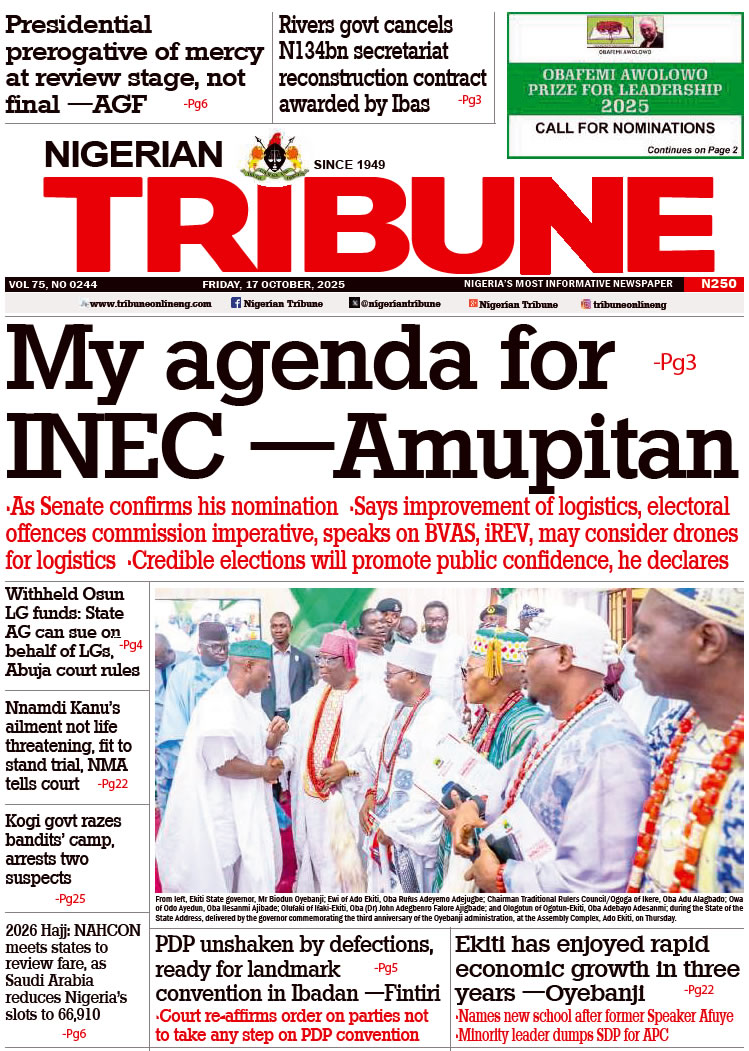Africa is home to many musical legends who have made their mark in the world. Many of them were pioneers of different African music genres that have become part of what is called the authentic African sound. We will explores two great men who have given the continent amazing music to listen to.
Fela Ransome-Kuti
Fela was not an ordinary man and he was not an ordinary artist. He accurately called himself “Abami Eda”, a Yoruba phrase that roughly translates to “the strange one”.
He was born Olu’fela’ Olusegun Oludotun Ransome-Kuti in 1938 to a father who was both a priest and a teacher, and a mother who was an anti-colonial activist. Fela’s family was relatively well-off, and he had a more comfortable childhood than most. He had access to the best education available at the time in Nigeria.He attended Abeokuta Grammar School and was eventually sent to Britain to study medicine, just like his two brothers.
In London, his rebellious and artistic spirit came out, and he decided to study music instead of medicine. He enrolled in the Trinity College of Music and formed a band named the Koola Lobitos. His band played “highlife” – a unique fusion of jazz and native African drums and rhythm popular in 1960s West Africa.
The musical genre afrobeat originated in the 1960s and 1970s as a blend of traditional Yoruba music with jazz, West African highlife and funk. The pioneering style of afrobeat is identified with the Nigerian artist Fela Kuti, who was renowned for his eccentric character, musical talent and involvement in post-colonial African politics.
Born into a prominent Yoruba family prominet in anti-colonial activistivism, Fela was first ‘seduced by the fertile African jazz scene’ in London, where he was studied medicine in the 1960s. Although he abandoned his studies and returned to Nigeria for a career in music, it wasn’t until almost a decade later that his band started to see success. Their timeless recordings from the 1970s made a significant impact on the Nigerian music scene before gaining popularity around the globe.
Fela kuties music was inspired by the Black Panther movement, with lyrics that were infused with social and political critique, as well as Nigerian proverbs. These he employed to mock and criticize the military dictatorship in Nigeria of the time. In line with the newly gained independence from colonial rule which was happening across Africa, Fela encouraged his people to regain their self-reliance and self-pride. Another significant attribute of his music is the length of his skilfully crafted and ecstatic songs, some of which last up to 30 minutes on the albums, or even 45 minutes when performed live.
John Oboh
Long before the Daddy showkey, Babafryo Marvelous Benji and African china, there was a force which dominated the Nigerian and African Getto music scene and later the global stage, there was no social media and technology at the time to propagate music as is done today. He was extremely popular on his own terms and organically too, his musical and production style was unique, his rhythm was different, his melody was unmatched. He believed that his calling as a performing artiste was more from his spiritual base, than the will to be an entertainer. He was known for his famous sayings;
“I was called to use my music to fight for repatriation of the Black Africans and to use my exceptional gift and musical foresight to help those who need my professional assistance best. This puts me on a different spiritual plane, just like Fela Anikulapo Kuti who used his revolutionary ‘Afrobeat genre to deliver futuristic truth, that’s still relevant today, that is true spiritualism”
His style of music, came to be named AJegunle music (‘AJbeats’). Many decades later, it has become a global phenomenon and has projected Nigerian artistes to the fore, his name is John Oboh aka Mighty Mouse.
John Oboh is a Nigerian music Producer , Musician, and pioneer of the Aj beat genre. Born in lagos, Nigeria on April 25, 1967 , he was the son of a Chief Major Humphrey Etafo Oboh and a mother business woman. John musical career spanned over two-three decades, during which he released his songs and gained a following in Nigeria and around the world.
John began his musical/Productions career in the 1990s, experimenting with various music beats with his band. This music was influenced by, jazz, afro and encient traditional Esan rhythms. However, John soon began to experiment with new sounds and styles, drawing inspiration from jazz and African Street Music. This experimentation led to the creation of AJ beat, a genre that blended African rhythms and Getto melodies , Edo Esan samba with jazz and reggae instrumentation.
AJ beats was more than just a musical genre; it was a Street movement that spoke to the experiences of African people around living mostly in ghetto areas. AJ music was also a reflection of social struggles that many Africans faced outside Africa, and he used his lyrics and music productions to express his views on these issues.
Almost two-three decades John Oboh pioneer the genre, the sound is still as relevant as it was during the time he pioneer it, the younger generation have jumped on the genre making it a global phenomenon, and this is seen as a meteoric rise in demand for Nigerian artistes on the global stage, earning them international record and distribution deals and touring the world performing their music, all thanks to the musical genius of it’s founder, John Oboh.
WATCH TOP VIDEOS FROM NIGERIAN TRIBUNE TV
- Relationship Hangout: Public vs Private Proposals – Which Truly Wins in Love?
- “No” Is a Complete Sentence: Why You Should Stop Feeling Guilty
- Relationship Hangout: Friendship Talk 2025 – How to Be a Good Friend & Big Questions on Friendship
- Police Overpower Armed Robbers in Ibadan After Fierce Struggle





